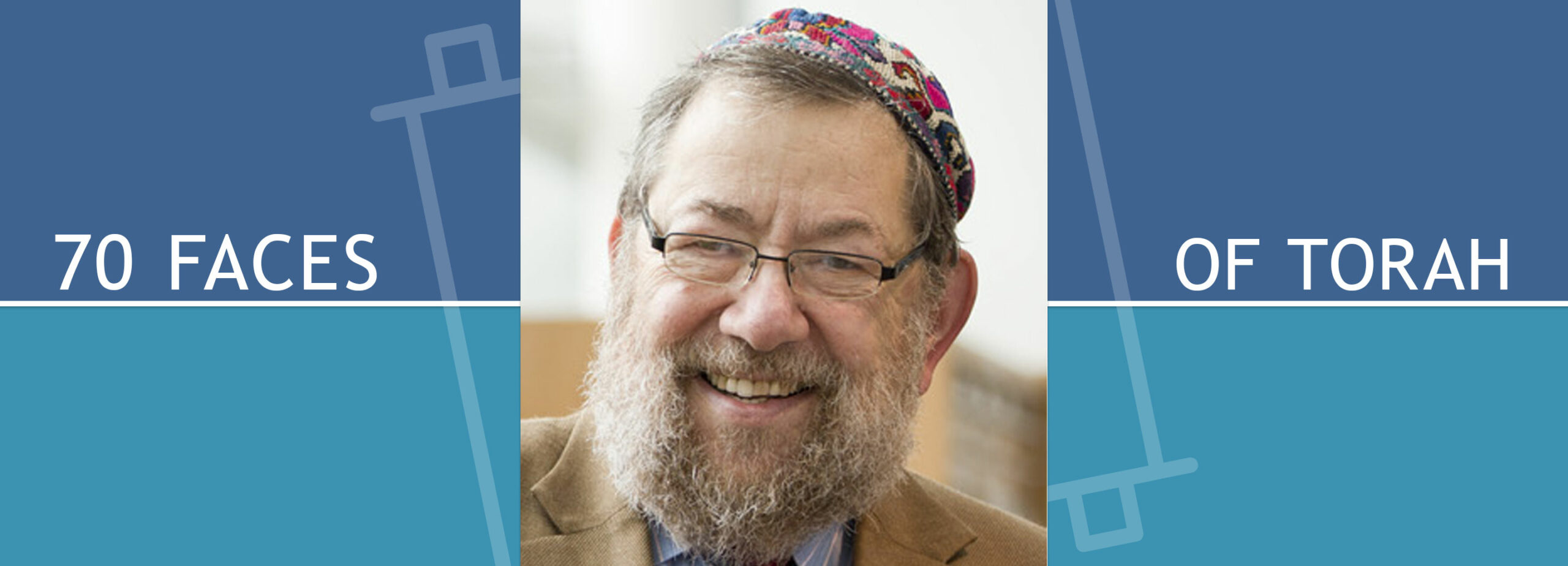Exodus Liberation: A Sacred Moment

Passover; Readings for First Days (Exodus 12:21-51 and Leviticus 22:26-23:44)
On the second day of Passover, Jews begin a period called sefirat ha-omer, when we publicly count off each day for the next fifty, concluding with the holiday of Shavuot. (Hence the Greek term Pentecost, for the fiftieth day.) While originally a practice used for calculating the agricultural season, the rabbinic tradition used it to establish a deep connection between these two festivals. Passover celebrates the liberation of the Hebrew slaves from Egypt; Shavuot commemorates the receiving of the Torah, which took place “in the third month” (Exodus19:1) following the Exodus. We needed to be free in order to receive God’s word, to accept responsibility as free people about to constitute “a kingdom of priests, a holy nation” (Exodus 19:6).”
This noble sentiment, key to the rabbinic understanding of our sacred history, stands in contrast to an earlier tradition that saw the Exodus itself as an event in which the hand of God was seen (Exodus 14:31) and God’s love for Israel fully revealed. In that view, the liberation from bondage was a sacred moment standing fully on its own, not seen as a preparation for the great revelation to come. Psalm 136, for example, where each line antiphonally calls out “For His love endures forever!” sees creation, the Exodus, and divine protection in the wilderness as the great testimonies to divine presence, skipping over Sinai entirely. An old midrashic tradition says that “a handmaiden at the splitting of the sea [following liberation from Egypt] saw more than Isaiah or Ezekiel,” the greatest visionaries among the prophets. At the Reed Sea, another tradition tells us, we saw God so clearly that we pointed with our fingers and cried out: “This is my God, and I will glorify Him!” (Exodus 15:2)
Liberation itself is sacred. To come out of bondage is to discover God, even if you don’t call it by that name. To exult in freedom is to reclaim the divine image that had been robbed from you by your oppressor. When the Torah says (in Deuteronomy 26:8) that God brought us forth from Egypt “with great awe,” the Passover Haggadah comments: “This was God’s presence revealed!”
This is true no matter what your “Egyptian bondage” is. The biblical term for Egypt is mitzrayim, “the narrow strait” (originally referring to the Nile Delta.). In Hasidic thought as well as contemporary Jewish parlance, it has come to refer to anything that hems you in, keeps you down, enslaving your mind or spirit. This can, to be sure, take the form of physical enslavement, and the depiction of Israel’s bondage is very powerfully drawn, with Egyptian taskmasters beating and even killing the slaves. There are some very real forms of slavery still extant in our world, including sexual slavery, the horrors of ISIS’ attacks on non-Muslim populations, child labor both in factories and on the high seas, and so forth. Our memory of Egypt make us stand up and cry out against these modern slaveries.
But enslavement comes in many forms. We in America have come to understand well that the enslavement of our African-American brothers and sisters did not end in 1865. Jim Crow laws, economic and educational disadvantage, and stereotyping were all part of slavery’s continuing legacy – and still are. Millions of Americans of every race and religion are slaves to addiction, unable to be and express their fullest selves because of dependency on drugs, alcohol, or other substances that control their lives. More subtle forms of addiction, including the constant need for approval, for success, and for high achievement can also become “narrow straits,” keeping us from being free. Even religion itself, if imposed or interpreted in a restrictive and narrowing way, can function as a kind of enslavement.
What is our Jewish message to those who struggle to seek freedom (which means most of us, of course)? Is it, “Your liberation is just the first step along the path. Now you must take responsibility, discipline yourself, and create a new life”? That would be the message of the view that coming out of Egypt was only preparation for the covenant of Sinai. Or is it “Rejoice! Celebrate your freedom! Find God in this very moment!”
The answer, of course, is “Yes.” Both of these are truths; each has its place in the ongoing lives of both individuals and communities. But we have a much better chance at helping the emergence of new covenants and reconstructed lives if we are there to help in the process of liberation itself and share in the joy of its moment. Those who stand on the side and say how disappointed they are in the newly free, or in those still struggling, that they have not made it all the way to the new and proper lives we think they should have, are missing the boat. “Remember that you were slaves in the Land of Egypt,” the great message of the Torah and of Passover, should link us to all those who still struggle for freedom and cause us to celebrate with them the great and sacred joy in the moments when they find it—and to connect with the aspects of our own selves that both struggle and celebrate along the way.
Rabbi Arthur Green is rector of the Rabbinical School of Hebrew College.

